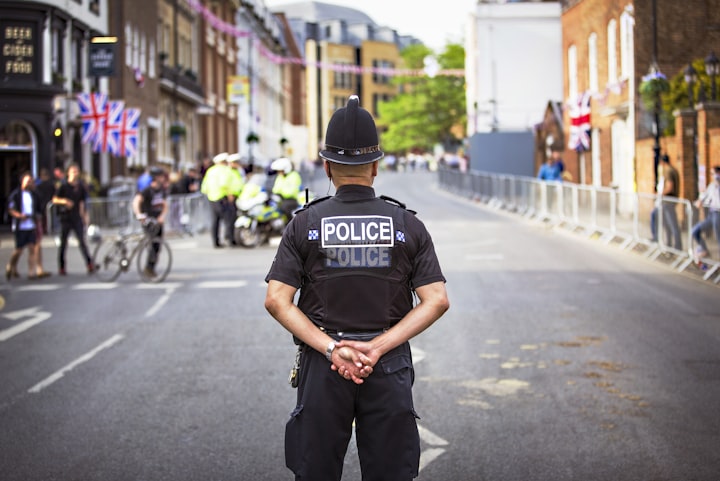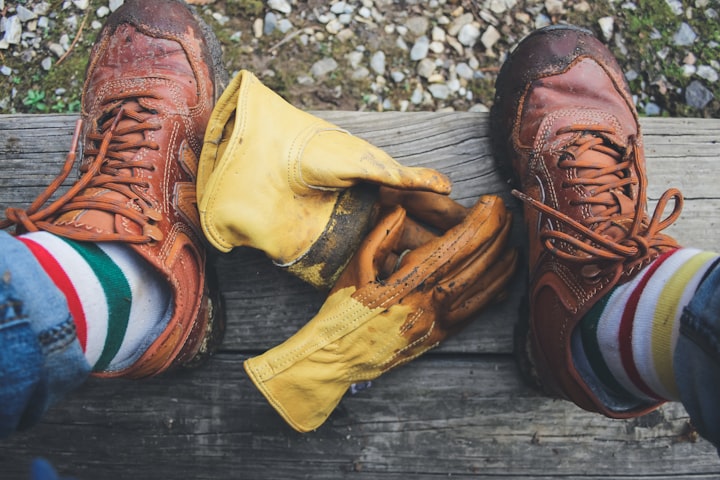The laws around body camera footage
The body camera footage of the police officer remains stored in the device that the officer is using

It is encrypted and it cannot be accessed by anyone outside of the department unless they have a warrant. The footage can be used in court which is why an officer should never turn off the camera.
However, it has been found that officers are turning off their body cameras or simply leaving them turned off. The explanation for this practice varies from department to department but it does exist. Sometimes citizens do not want to be recorded, while others claim that officers are using body cameras to do surveillance on private citizens.
To get footage from a bodycam, you need to request a copy of the footage from your local police department's records office. Public records laws vary by state, so it is best to contact your state's law enforcement agency for specific instructions. Most agencies have forms that must be filled out to request the footage.
The process for releasing this video can also vary. The departments are allowed to charge you a fee while some will offer it for free. These procedures may take up to 30 days while others can let you get your hands on the footage within 3 days. Once the records office receives your request, they will contact the law enforcement agency that is associated with the footage.
After this stage is done, you can get your hands on the footage you requested. If any fees need to be paid for it then you can expect an invoice in your email or in your mailbox. When officers are wearing body cameras, the public can expect a more transparent process from their government.
This means that if the department is unwilling to hand over information or footage, there will be unfavorable consequences for them. It also results in having less police brutality and officers engaging with citizens who may have been acting inappropriately. This brings transparency closer to its goal of being a part of every government branch as it exists now.
While the idea of having body cameras is relatively new, we will see how these devices develop in the future. If history has taught us anything, it is that technology may help make the world a better place and also result in making life easier for citizens.
Sometimes citizens do not want to be recorded, while others claim that officers are using body cameras to do surveillance on private citizens. To get up-to-date footage from a body cam, you need to request a copy of the footage from your local police department's records office. Public records laws vary by state so it is best to contact your
Police officers are required to wear body cameras when they are on duty. The footage is used in all types of investigations, including the use of excessive force and police brutality. The officer will be able to record anything that happens in front of them, but it will stay on their camera unless the officer clearly shows probable cause for searching their person.
It will also protect the officer because they can prove they acted in self-defense if it comes up as a question. These body cameras will be the future of police work, but there are still problems with privacy and surveillance. Most reports show that video footage is not used in court simply because it does not prove anything other than the officer's or citizen's word. The defense never uses it and it is thrown out almost immediately.
The law on watching body cam footage varies by state, but there are a few rules that apply all around. You check with your local police records office if you want to see a copy of the video. They may charge you a fee or offer it for free, depending on the state. It may take 30 days to get the footage while others can have it ready in 3 days. The request goes from your records office to the agency that recorded the video.
The next step is getting a copy of the footage, if you have to pay a fee for it there will be an invoice sent to you or waiting for you when you pick it up. If the department has to do a thorough investigation they may not be able to release the footage for 30 days, however, most of them will get it ready in 3 days tops.
While some citizens think having these body cams is no more than surveillance on innocent civilians by the government and officers using it as an excuse to cause harm, they are used for various types of investigations. They can help police officers prove their innocence and accountability. The idea is to protect both sides as much as possible so they have a transparent experience with the law enforcement agency in their city.
This means if your local government does not want to hand over footage it will affect them in some way if they do not. It creates a more transparent form of government that is made up of the people, for the people. This will lead to lower instances of police brutality and officers acting inappropriately towards citizens, whether it be racial profiling or letting their emotions get in the way when making a lawful decision.
While body cams are a fairly new idea to law enforcement, they are becoming more commonplace in the field. We will see how this affects police officers and citizens in the future.
The good thing about body cameras is that they give us an unbiased perspective of what happens during the interaction between two people. This should be empowering for civilians who need to file complaints against an officer or just want to watch something that happened when they weren't around. The video captures everything, including what the officer sees and hears which means there is less argument about an encounter because both people agree on what took place.
The culture change to body cameras has already taken root in police departments across America. It's difficult to say how or if it will change the way police officers do their job, but one thing is for certain: it will change how the public perceives them.
Knowing your actions are being recorded all of the time can impact your behavior either positively or negatively. The body camera gives everyone an even playing field. There are still issues surrounding privacy and surveillance, however with enough rules in place and time spent on the details we should see a less tense relationship between police officers and civilians.
The use of body cameras saves money for law enforcement agencies because there is no need to hire as many support staff if they can monitor live video footage remotely. Not to mention, it helps them gather evidence so they spend less time in court explaining what happened. And that's a win for everyone involved in the judicial system.
The most important aspect of this is accountability and transparency in government and law enforcement agencies. It can greatly increase public trust when using body cams to watch police officers, but we also see a privacy issue that will need to be addressed by the state legislature in future years.





Comments
There are no comments for this story
Be the first to respond and start the conversation.